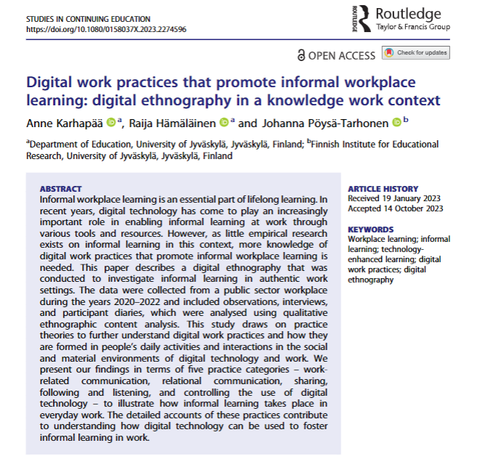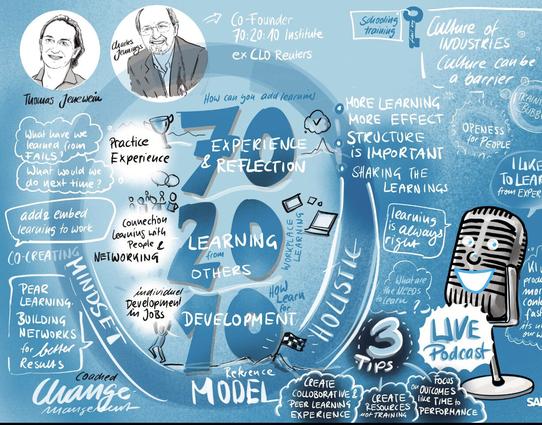How would workplace learning work if there’s an LLM driven removal of entry level jobs?
Obviously predictions of the rise of the robots by tech elites should be treated with extreme caution. There’s a rhythm to these predictions which is always ignored when we see a fresh round of them. But LLMs have emerged at a point when inflation has increased operating costs for firms around the world, climate change means supply shocks will grow in frequency and intensity, higher interest rates have significantly increased the cost of raising capital, and equity investors are much more demanding of operational models than was once the case.
Under these circumstances the claimed potential of LLMs for automation will inevitably be taken seriously by organisations trying to reduce costs. To be clear I think AI agents will be a disaster even on their terms: the task failure rate is enormous and it will be compounded by stripping away the human expertise which is needed to establish the parameters of their operation. But I don’t think it’s implausible that:
(a) the failure rate will decline and protections against looping hallucinations will be established
(b) there are certain activities where agents would be more reliable, as would individuals operating LLMs in an oversight capacity
For this reason I think the Anthropic CEO arguing that half of entry level jobs could disappear is not inherently implausible, even based on the diffusion of current frontier models which don’t develop at all past their current instantiations. I suspect it’s probably high but that a decline in entry level jobs constitutes a plausible working hypothesis, even if we resist quantifying it.
There are lots of questions posed by this but one which occurred to me yesterday: how would workplace learning work if there’s an LLM driven removal of entry level jobs? These jobs provide a trajectory through sectors in which individuals accumulating skills, experience and expertise through performing roles within organisations. This includes organisational know-how and know-where that we tend to assume develops through learning-by-doing, creating a bedrock of organisational culture upon which attempted automation would implicitly depend. There are lots of strange results which could flow from this, such as a post-LLM workforce defined by an ageing expert class with no capacity to reproduce them.
How would the notion of a ‘career’, already a classed and retreating experience, survive under these conditions? What would it mean for how people imagine their future? What would it mean for the objective possibilities undergirding those imaginings?
https://www.youtube.com/watch?v=zju51INmW7U&t=4s
(His final message in this video: learn to use my product or you’re screwed. However the fact there’s self-interest underpinning this analysis doesn’t mean it’s completely wrong)
#agents #anthropic #automation #LLMs #skills #Training #workplaceLearning


